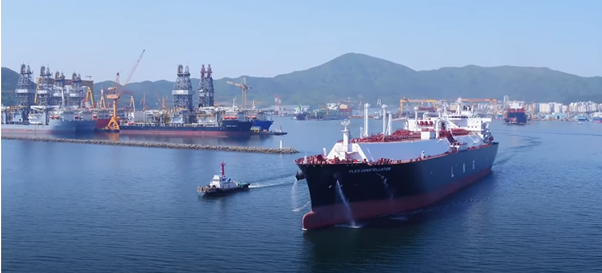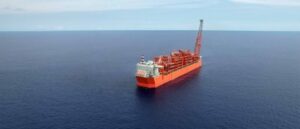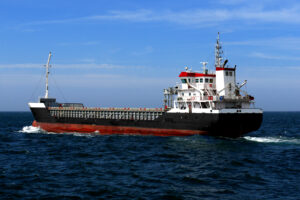
Hamilton-based Flex LNG shipowner eyes bigger payday for its vessel Flex Constellation after charter extension cancellation by the charterer.
The 173,400 cbm LNG carrier Flex Constellation is being redelivered from charter unexpectedly early.
The shipowner, which has thirteen LNG carriers on the water, has received notice that the charterer of Flex Constellation, a trading house, has decided not to utilize its extension option.
The Oslo and New York-listed company said Flex Constellation was fixed on a three-year time charter on May 17, 2021, where the charterer had the option to extend the period by up to three years.
Now the company expects to take redelivery of the LNG carrier during the second quarter of 2024 and to “recontract the ship at more attractive levels than the previous contract.”
Øystein Kalleklev, chief executive of Flex LNG Management AS, said: “We note that we will have Flex Constellation back during the second quarter this year, which fits well with her scheduled five-years special survey, which is due during second or third quarter of 2024.”
For 2024, Flex LNG has two ships scheduled for drydock, in contrast to four ships during 2023.
For 2024, the charter coverage for Flex LNG is 95% following the redelivery of Flex Constellation. The Flex Constellation has been on a time charter with a fixed rate of $80,000 per day, in line with the time charter equivalent guidance for the company´s fleet in 2023.
The term rates for one to ten years charters are currently being quoted at $90-100,000 per day according to most brokers.
“Once we have completed the special survey of Flex Constellation, we will market her for short- and long-term opportunities ahead of the winter season which we consider a good timing,” noted Kalleklev.
The ship Flex Constellation is a large 173,400 cbm LNG carrier equipped with ME-GI main engines with partial reliquefication system.
“These engines have negligible methane slip guaranteed by the maker to be less than 0.2 gram per KWh, which is about twenty times less than the methane slip for dual fuel diesel electric LNG carriers, which also burn about 30 per cent more fuel with associated carbon emissions and additionally has about 5-10% less cargo space.”
“In the light of the Global Methan Pledge at COP 26, recently repeated at COP28, we are therefore upbeat about the prospects for rechartering the ship at attractive levels given her environmentally friendly specification,” he added.


